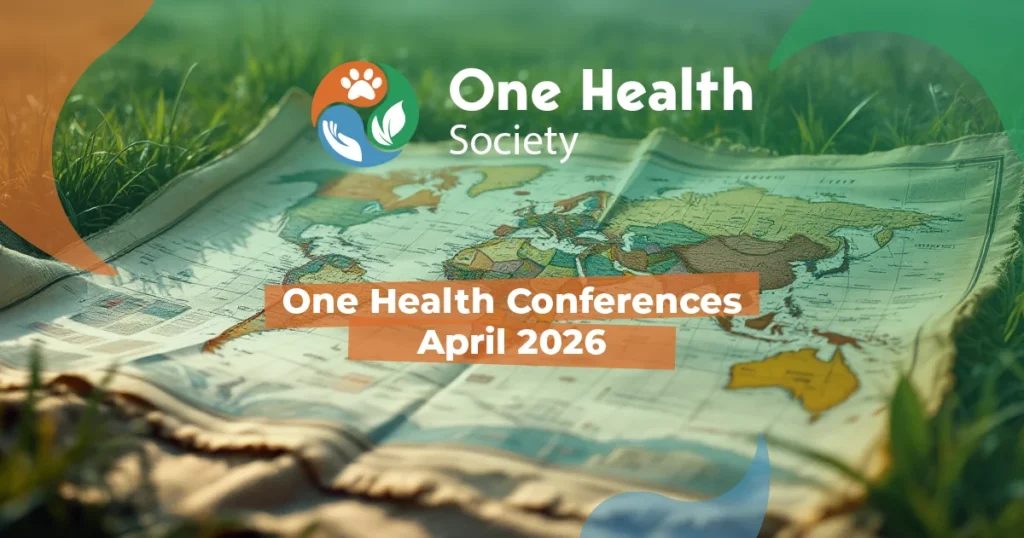When Department of Health and Humans Services (HHS) Secretary Robert F. Kennedy Jr. dismissed all 17 members of a federal vaccine advisory panel in June, one of the primary reasons he provided was his concern that financial conflicts of interest among members was shaping their recommendations.
“The public must know that unbiased science—evaluated through a transparent process and insulated from conflicts of interest—guides the recommendations of our health agencies,” Kennedy said in a June 9 HHS statement. “A clean sweep is necessary to reestablish public confidence in vaccine science.”
Kennedy’s remaking of the Centers for Disease Control and Prevention’s (CDC’s) Advisory Committee on Immunization Practices (ACIP), which provides advice to the CDC on whom should receive approved vaccines, was the culmination of years of his complaints that the recommendations of ACIP members and other HHS vaccine advisory groups have been tainted by financial ties to vaccine makers. In his confirmation hearing to be HHS Secretary, Kennedy claimed 97% of ACIP members had financial conflicts.
But new research published yesterday in JAMA by researchers from the University of Southern California (USC) and the Center for Science in the Public Interest shows that the percentage of financial conflicts of interest (COIs) among ACIP members was far lower in recent years. Since 2016, an average of 6.2% of ACIP members have reported a COI at any given meeting.
Among members of the Food and Drug Administration’s (FDA’s) Vaccines and Related Biological Products Advisory Committee (VRBPAC), which recommends whether vaccines should be approved by the FDA, only 1.9% reported COIs at a given meeting since 2016.
“Secretary Kennedy is right that conflict of interest is an important issue, but he is wrong that it is present at substantial levels on HHS vaccine advisory committees,” study co-author Peter Lurie, MD, MPH. president of the Center for Science in the Public Interest and former FDA commissioner, said in a USC press release.
Marked decline in conflicts of interest
For the study, the researchers used a database of CDC disclosures created by HHS to obtain financial COIs for each ACIP meeting held from 2000 through 2024. To assess financial COIs among VRBPAC members over the same period, they obtained waivers that allow VRBPAC members with “essential expertise” to participate in meetings despite COIs listed on the FDA website or a Freedom of Information Act request.
As the researchers explain, for both ACIP and VRBPAC meetings, COIs are determined on a per-meeting basis and depend on the specific vaccines under discussion. Before every ACIP meeting, for example, the chair of the group calls for each voting member to disclose a COI when they have financial ties with the maker, marketer, or competitor of a vaccine under discussion. Of note, members must recuse themselves from deliberations and votes on products for which they have a COI.
Conflict types included research or investigator support from companies with products under discussion (or competitors); non-research grants; employer relationship (with the specific vaccine manufacturer or maker of a competing product); membership on an advisory board or data and safety monitoring board; consulting; and personal income from stock, royalties, and ownership of vaccine companies.
Secretary Kennedy is right that conflict of interest is an important issue, but he is wrong that it is present at substantial levels on HHS vaccine advisory committees.
The researchers note that their analysis included COIs that may have not met the level of COI as defined by ACIP or CDC, as well as COIs related to research support from the CDC or National Institutes of Health, which holds intellectual property rights for the vaccines it licenses.
ACIP and VRBPAC convened an average of 4 and 3.4 meetings per year, respectively, over the study period. The average annual reported COI prevalence for ACIP from 2000 through 2024 was 13.5%, but it declined significantly over the period, from a high of 42.8% in the early 2000s to 5% in 2024.
The most frequently reported COI was research support (10.1%), with personal income from vaccine makers accounting for 1.4% of COIs. Since 2016, personal income has accounted for less than 1% of COIs among ACIP members.
The average annual COI prevalence for VRBPAC was 4.0% over the study period. Despite hitting a peak of 27% in the early 2000s, COI prevalence fell from 11.1% in 2000 to under 4% since 2010, with several years at 0%. The most frequently reported COI for VRBPAC members was being on a data and safety monitoring board or end-point reviewers.
Average recusal rates were 1.3% for ACIP and 7.4% for VRBPAC.
‘Substantial progress since the early 2000s’
Lead author Genevieve Kanter, PhD, an associate professor at the USC Price School of Public Policy, said that while it’s important to remain vigilant, COIs on ACIP and VRBPAC have been at historically low levels “for quite some time.”
“In the past, there have been high levels of reported conflicts on influential vaccine committees, but there has been substantial progress since the early 2000s,” Kanter said.













